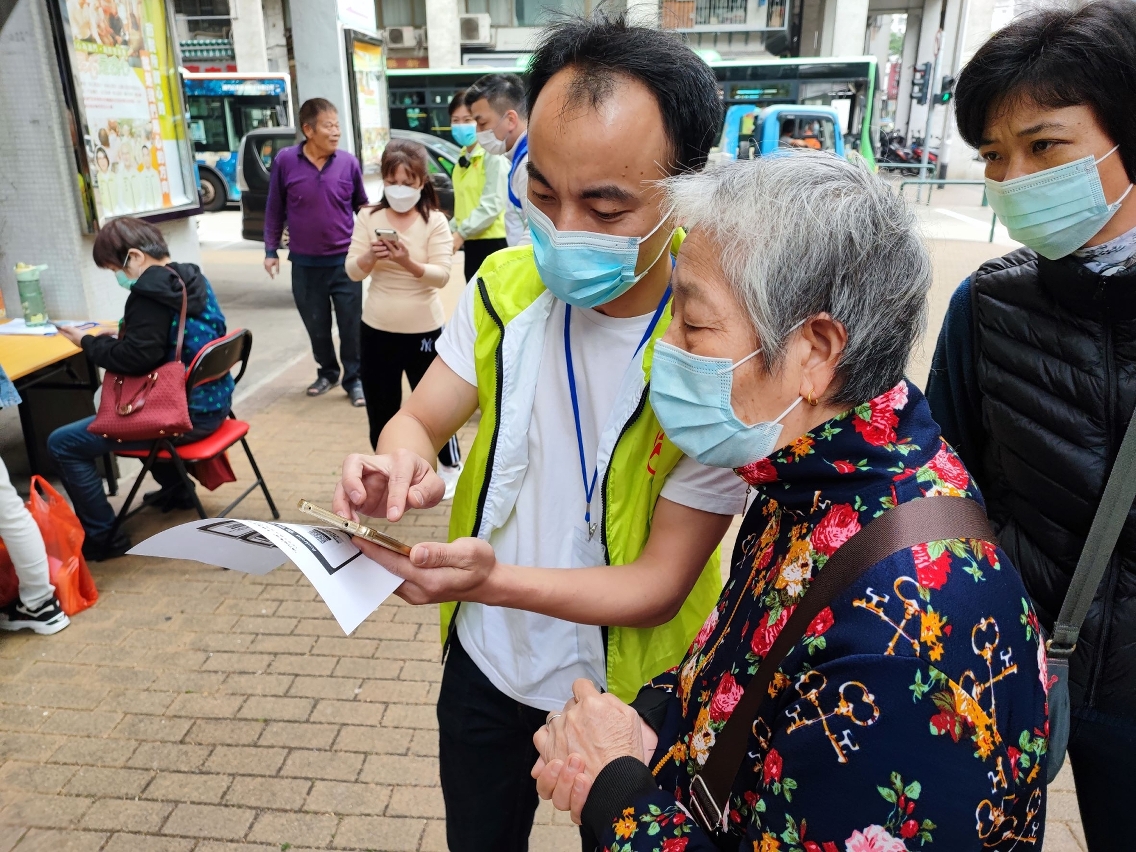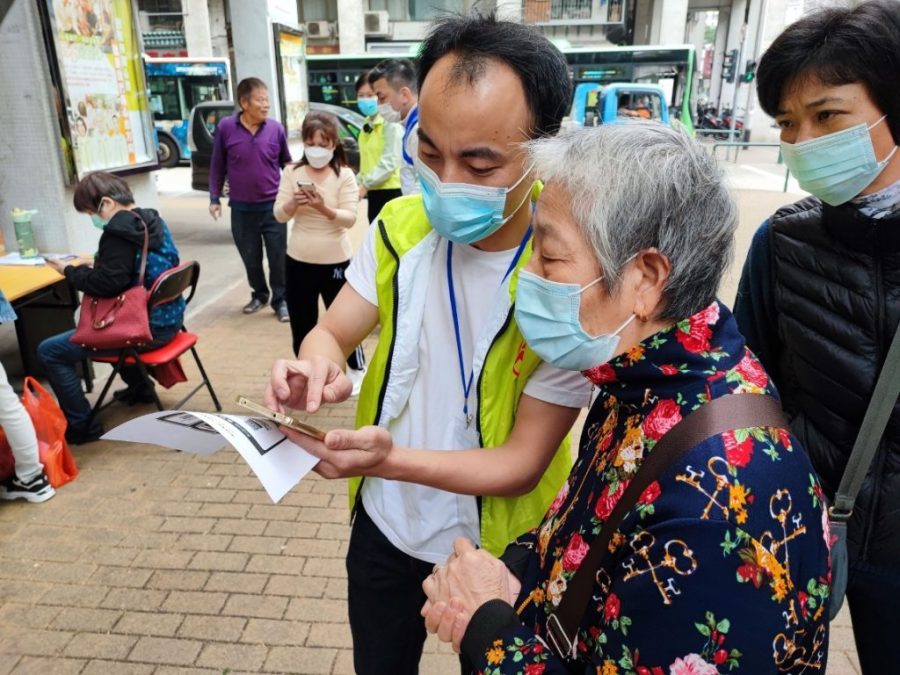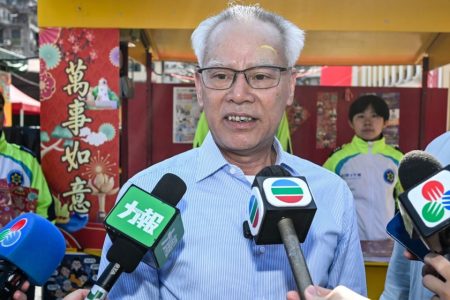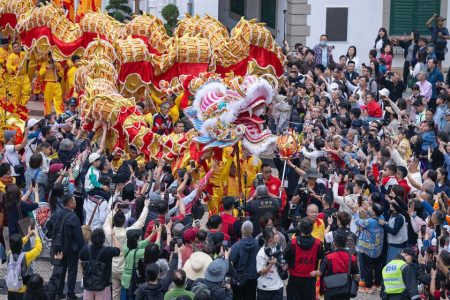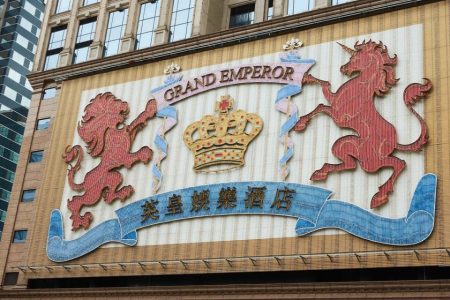Compelling residents to use the Macao Health Code mobile app’s contact tracing function, which took effect on Monday, is “legally sound”, Secretary for Administration and Justice André Cheong Weng Chon has said.
The government’s mandatory requirement for all those entering the city’s public service facilities and other public entities’ offices came into force on Monday.
Those without a smartphone can present a printed version of their Macao Health Code, which will be scanned by staff members with a smartphone so as to record the visit.
Speaking after a closed-door committee meeting at the Legislative Assembly, Cheong said that the government has received “good” feedback from residents on the new measure. He added that the Health Bureau (SSM) will consider extending the mandatory scan of contact-tracing-function QR codes to privately-run public premises and venues in the city at a later date.
Cheong said that the Law on the Prevention, Control and Treatment of Infectious Diseases gives the government the power to implement the mandatory use of the Macao Health Code mobile app’s contact tracing function.
He underlined that the government has concluded that “there is no problem” to make the use of the contact tracing function mandatory “in terms of the law”, after consulting its legal advisors.
Cheong said that the possible extension of the mandatory use of the contact tracing function to privately-run public premises and venues could also be legally supported. Cheong said that the government’s various measures to fight Covid-19 are not only based on the Law on the Prevention, Control and Treatment of Infectious Diseases, but also on various other laws and regulations concerning public health, such as the current by-law regulating the SSM’s organisational structure and operation.
Cheong said that in the wake of the Covid-19 pandemic, the government has been reviewing the Law on the Prevention, Control and Treatment of Infectious Diseases, which was enacted in 2004 after the severe acute respiratory syndrome outbreak in 2003. The current infectious disease law provides a “relatively perfect” legal system on the matter, Cheong said, adding that the government has concluded that for the time being there is no need to propose amendments to the law.
However, Cheong admitted that according to the current infectious disease law, it is only mandatory for those entering Macao to declare their state of health, by presenting their health code, and the mandatory requirement does not cover those who are entering certain premises and venues in the city. “Indeed there is no clear provision of such a requirement listed in the law,” Cheong said.
But Cheong insisted that for the time being there is no need to close the “loophole” by amending the infectious disease law, adding that more important is to roll out measures that ensure residents’ willingness to comply with the government’s Covid-19 measures, instead of amending the law with the aim of punishing those who fail to comply with the government’s Covid-19 prevention work.
For instance, Cheong said, the infectious disease law does not make it mandatory for residents to wear a facemask, but residents have been complying with the government’s requirement to wear a facemask when entering certain premises and venues.
